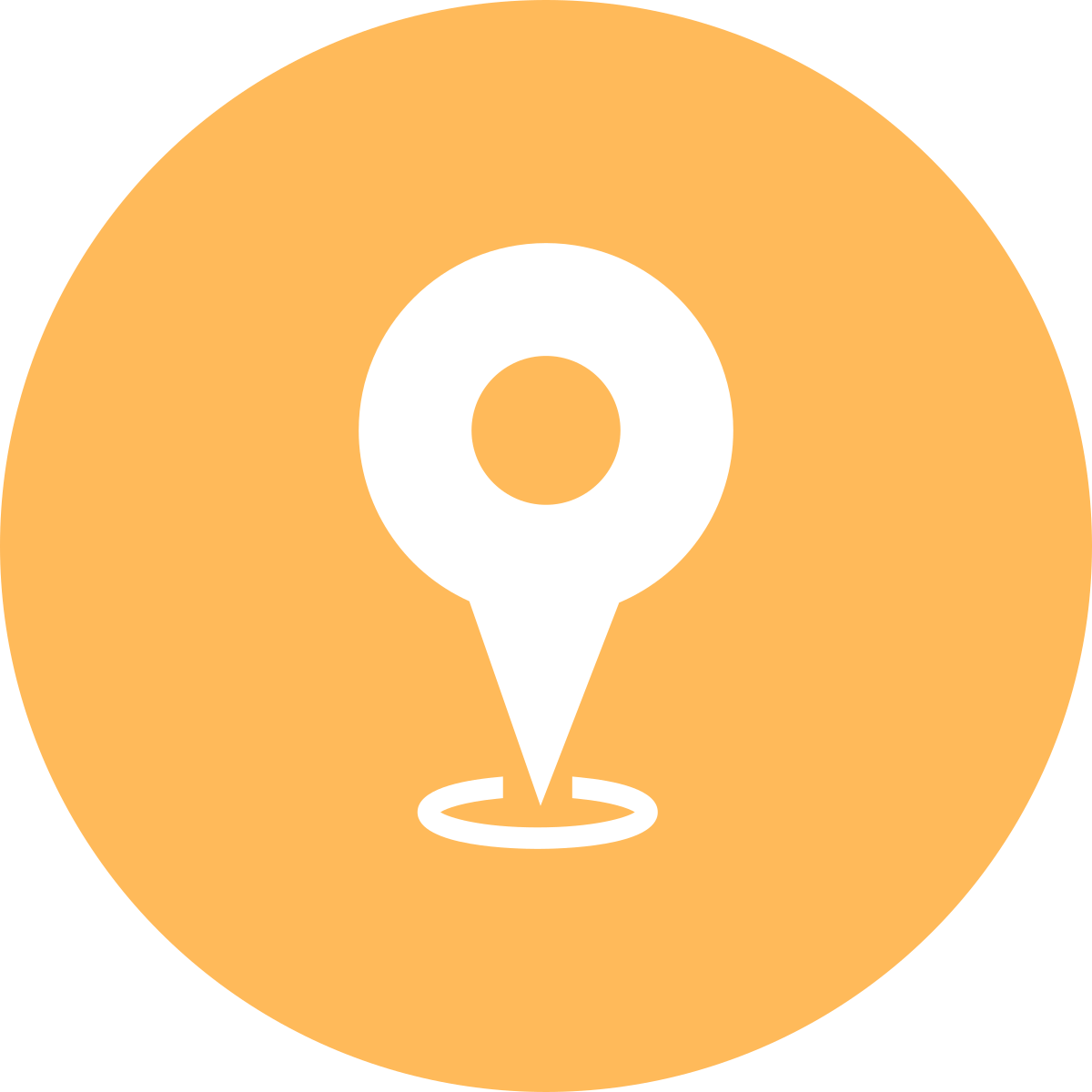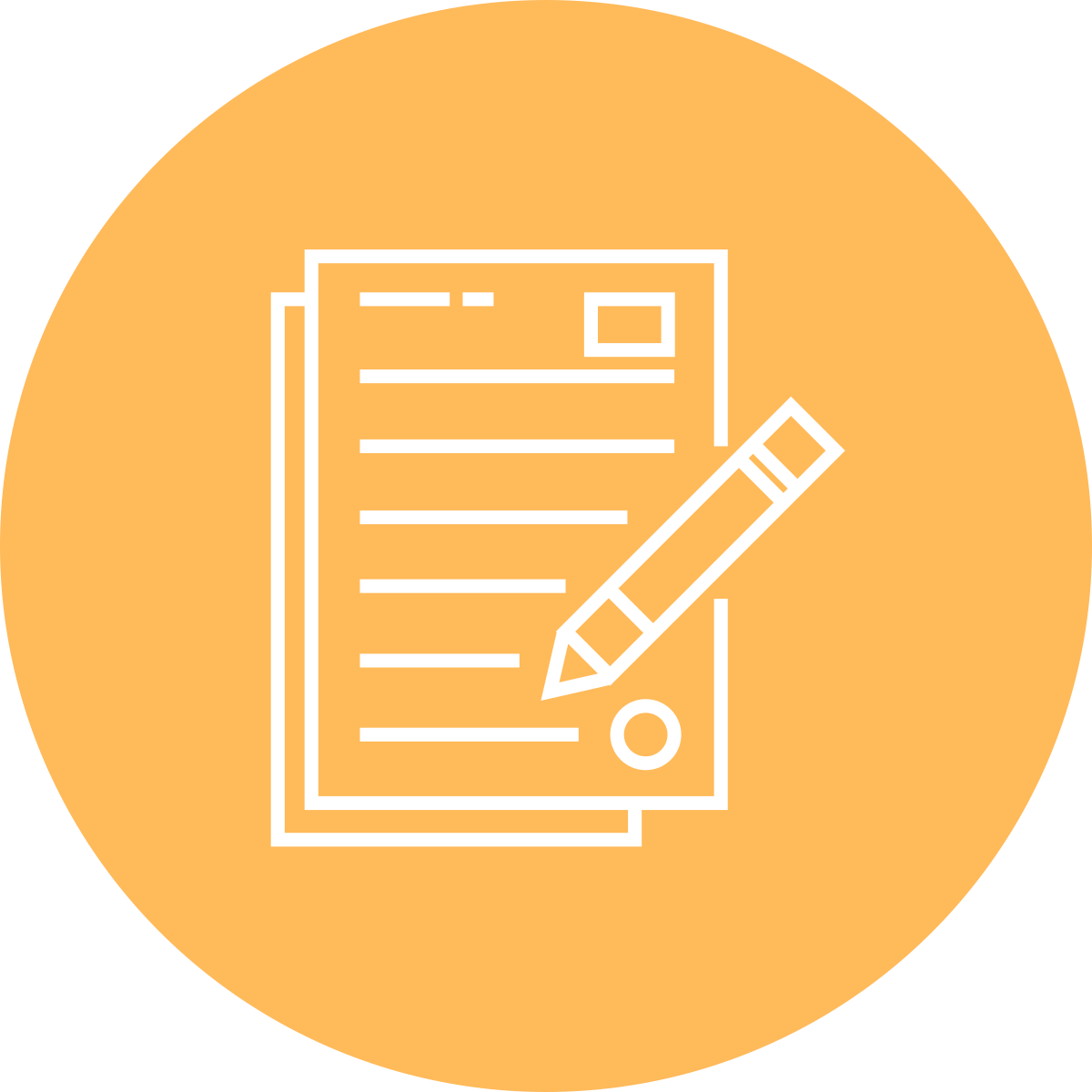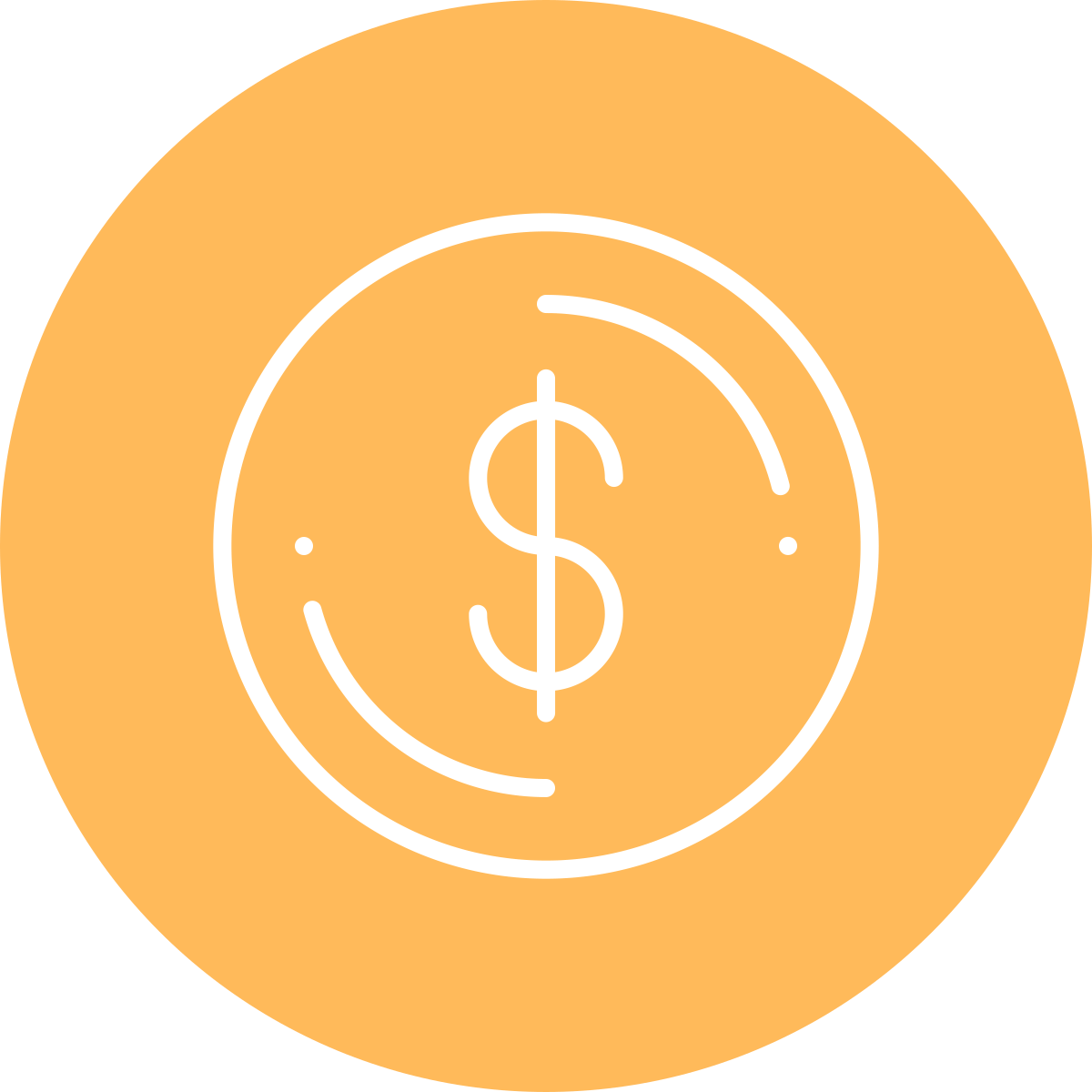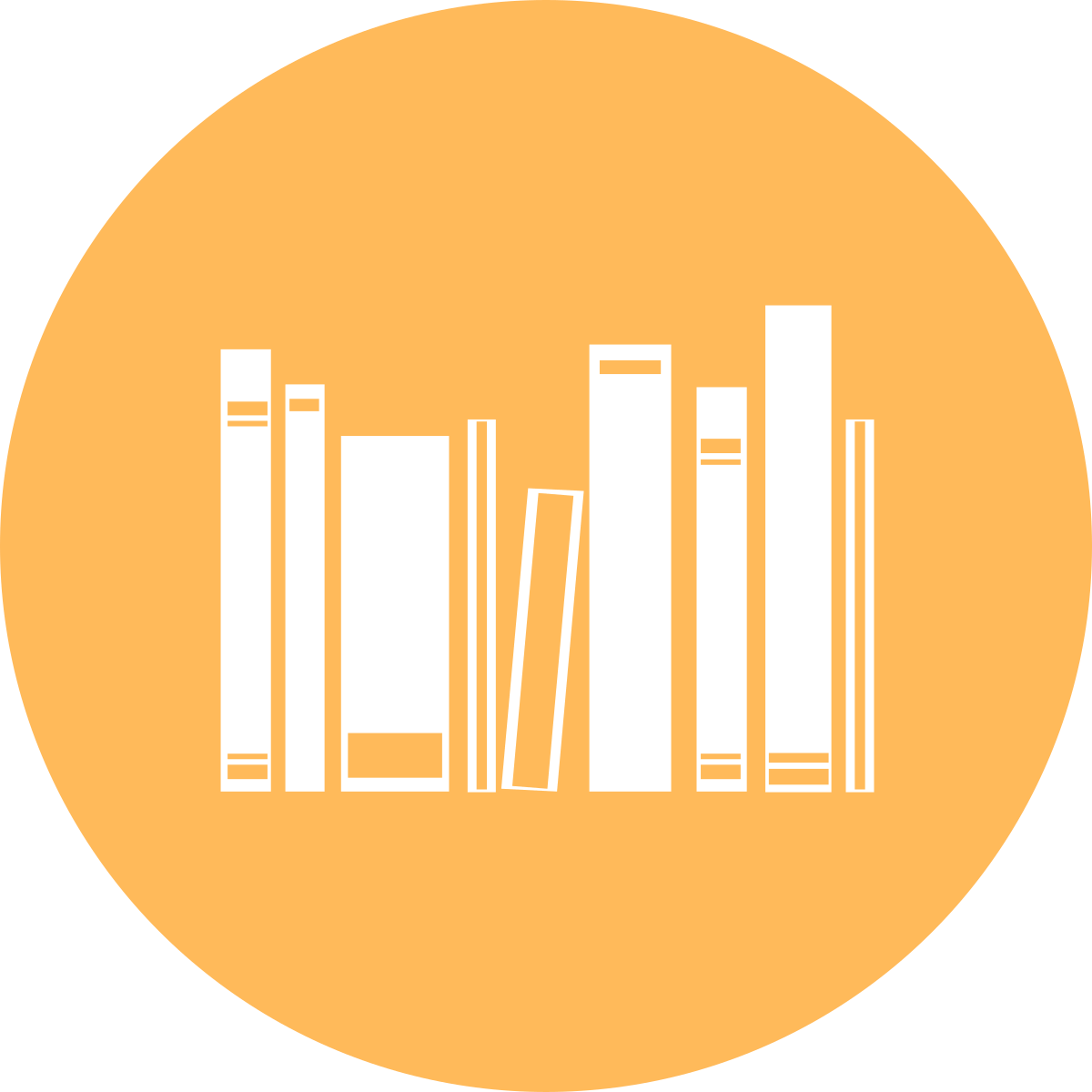Higher Education Resources
Where Do I Start?
Figuring out what to do with your life is difficult, and for those of us with a lived experience of the justice system it can seem impossible. We are often starting out or starting over with a disadvantage because of our records.
That is not to say that there is no hope; it just means we have to work even harder to succeed. Each person’s path forward will be different, as will be their challenges. It is difficult, but it is not impossible. The hardships we have faced and overcome already have prepared us with the resiliency and willpower to move onward.
One possible path forward is through higher education. College may not be for everyone, but it is a viable and powerful tool.
If you are visiting this site, you are at least considering this option, and that is a great first step. You can find some answers here, and you can reach out to someone at Opportunity Scholars to connect and find support.
Where Can I Learn?
How Do I Apply?
How Do I Pay For School?
What Should I Study?

Where Can I Learn?
When we look at the factors that decrease recidivism and increase happiness and quality of life, getting an education and being gainfully employed in a profession suited to you are at the top of the list. What that looks like is unique to every individual. There are many paths to success, and the one that works best for you is a personal choice depending on your interests, goals and circumstances.
What follows are a few options to consider when plotting your own path forward.
Vocational
If you have a particular set of skills or interests, and want to quickly jump into a career using them, you may be interested in a vocational or technical program, which typically offers certification and practical hands-on experience in your chosen field. Such programs may take a few weeks or months to complete, and are offered through many high schools and community colleges, as well as some specialized schools and online. These careers include auto mechanics, CDL, culinary arts, health care, HVAC and plumbing, welding, and others. Vocational programs often have a flexible schedule and many offer help with job placements. These skills are usually entry level and may lead to further education, apprenticeship or additional licensing requirements. Some programs, such as nursing, will likely require background checks and drug screenings.
Lists of vocational trade schools in Maine, as well as some online options and scholarship information, can be found here.
Adult Education Centers
This path is particularly useful for adults who are not yet ready for a college setting but want to become ready. If you need to finish your high school diploma, HiSET or GED, you can find local programs, along with college transition classes to prepare you, assessment tests to gauge your skill levels and advisors to support and guide you. There are also adult education programs for self-enrichment, skills training and language learning, including ESL/ESOL. These classes are generally inexpensive (compared to college) or even free, and some scholarships are available.
All adult education programs and locations in the state can be found at Maineadulted.org, which can direct learners to specific community programs or courses available.
Community Colleges
Maine boasts a robust community college network that can ease an adult learner into the college world, either straight out of high school or after some time away. Many community colleges have more flexible requirements for admission, offer a more flexible schedule for part time or working students, and are generally cheaper than 4-year schools, making them a great place to start your journey through higher education. Students who may have struggled in high school or are not yet ready for more rigorous educational standards can find smaller and more personalized learning environments beneficial. If you are unsure of your educational or career goals, you can begin here and later transfer earned credits to a 4-year college or university, which can save you money, or you can earn your Associate degree or a certification in a wide range of trades from accounting to nursing and jump into a career.
All of Maine’s community colleges can be found at www.mccs.me.edu where you can look for the nearest community college campus or search for specific programs.
Four Year Colleges/Universities
Students who have a definite career path in mind and are prepared can jump right into a degree program at a four-year college or university. Many institutions have admissions requirements to meet, such as transcripts and standardized test scores, and can be pricey, though financial aid is usually available. This path is a significant investment of time and money, but earning a degree will broaden your career options and increase your earning potential.
You can find all the University of Maine schools at https://www.maine.edu/.
Online or Correspondence Courses and Degree Programs
This option allows for much more flexibility in schedule and pace, and can be a great option for self-motivated, independent learners, or for students with inflexible schedules. You can often fit school around work, family and other obligations, and not having to commute is a plus. There are challenges to online education, such as finding legitimate, valid accredited programs. One place to start is the usnews website, which provides independent ranking and in-depth reviews of the top online programs. One downside to be aware of is the lack of the resources found at physical universities, like libraries, labs and peers.
How Do I Apply? What Do I Need?
Applying to college can feel a little (or a lot) overwhelming. Many schools require a lot of information, some of which may not be readily accessible to some adult students. Every institution has their own specific requirements, but there are many resources to help you along the way. It may be helpful to write out a checklist of what your school needs, along with due dates and where to send it, in order to keep track of all the information and the steps involved, and many schools supply checklists.

Your content goes here. Edit or remove this text inline or in the module Content settings. You can also style every aspect of this content in the module Design settings and even apply custom CSS to this text in the module Advanced settings.
Application
There will be an application, either online or on paper, and many schools charge an application fee. Some colleges like USM are free to apply to. Beyond your general information, you will likely be required to submit your transcripts from high school or an official GED or HiSET, as well as from any previous colleges you attended. These may be obtained from your prior schools’ Registrar’s office or school website, and oftentimes must be sent directly from them to the school you are applying to. Official transcripts may carry a fee, but can be transferred electronically and quickly. Some schools may also require standardized test scores, i.e. the SAT or ACT, though for many this has become optional. Along with the application, you may be asked to submit a resume and letters of recommendation, and a personal statement or essay.
All adult education programs and locations in the state can be found at Maineadulted.org, which can direct learners to specific community programs or courses available.
Essay
Many people freeze at the thought of writing an essay. Don’t panic, there is help available. Writing may not be your strong suit, or you may blank out on what to write, that’s okay. It’s not as scary as it seems, so don’t be intimidated by it; this is your opportunity to tell your story. The essay section usually includes a prompt and a word count limit to set the parameters, so you just have to respond and tell the college about yourself, on which you are an expert. You don’t have to use big fancy words or novel turns of phrase. Write it in your own voice; authenticity is important here. It may help to brainstorm some ideas, write them down and make an outline first to organize your thoughts. After you have it written out, revise and polish it, proofread for spelling and punctuation and make sure it meets the word count metric. Try reading it out loud to see how it flows, and ask someone else to read it to make sure it makes sense and to catch any errors you may have missed.
There are many good online guides and sites offering step-by-step advice and examples, along with coaches and tutors offering their services, usually for a fee. Your selected school should also have advisors ready to help you through the process, along with workshops, writing clinics or tutoring sessions. A quick cautionary note about plagiarism: with all the samples available, it may be tempting to simply copy and paste something you find online, or get someone else to write it for you, but don’t. It will negatively impact your chances of getting accepted, and it robs you of the opportunity to express yourself in your own voice.
Here are some helpful links:
Identification
Beyond the application, you may be asked for proof of citizenship or residency with a birth certificate, social security card or other forms of identification, and for your health records with immunizations and vaccination status. Certain programs or degree paths may have their own particular requirements. The admissions staff will be able to help and guide you through the application process, or direct you to organizations, advisors and counselors who can support you and answer any questions.

How Do I Pay For School?
There is no doubt that going to college can be a major financial undertaking, and can present a daunting barrier for many people, but there are many benefits to earning your degree, including higher income potential, more employment opportunities, and greater job satisfaction. Consider the cost of college an investment in your future. The good news is that there are ways to mitigate the costs through loans, scholarships and grants, collectively known as financial aid.
Your content goes here. Edit or remove this text inline or in the module Content settings. You can also style every aspect of this content in the module Design settings and even apply custom CSS to this text in the module Advanced settings.
FAFSA
Your number one resource for all things financial aid is FAFSA: Free Application for Federal Student Aid, which can be accessed here: Home | Federal Student Aid. This online application will connect you to a wealth of information and access to aid based on your financial needs, and it will be sent directly to the financial aid office at your school of choice. It is required in order to receive a financial aid package, it is very simple and easy to complete, and best of all, it is free. There are deadlines to file for the academic year so watch the dates. You will be asked to submit financial information such as your income, debts, tax status and assets, so have that handy when you fill out the application form. Contact the Maine Educational Opportunity Center for help filling out your FAFSA.
Scholarships and Grants
Scholarships and grants are your ideal options to pay for school, since you don’t have to pay them back. Some are federally funded, such as the Pell Grant, and others are offered by private organizations. Your school’s financial aid office can help direct you to certain scholarship opportunities; at USM, visit Scholarships | University of Southern Maine.
There are many websites available to help you search for scholarships you may qualify for, such as:
What Should I Study?
The question of what to study in college is a personal choice that warrants a hard look at your abilities, interests and motivations, where you want your life to go and the kind of impact you want to make. Whether you have a strong aptitude for mathematics and engineering or a passion for the arts and creating, you can find a degree program that will allow you to explore your interests and turn them into a rewarding career. Some people know exactly what they want to do and be when they grow up, but many of us do not, even as adults returning to school. We may feel adrift and just going through the motions, unhappy and unfulfilled in our current job. Or we have an interest but don’t know how to leverage that into a viable career. This is where career counselors and advisors come in. Most colleges provide undergraduate and returning adult students with guidance to match skills and interests with programs and careers in order to find the best path forward. There are also myriad skills and aptitude assessment tests available online to gauge your strengths, weaknesses and interests, some free and some you have to pay for. Whatever your life goals are, it is important to have a definite, realistic plan in mind when plotting your course and choosing your classes. Having a plan will help you stay focused and motivated, and help you navigate obstacles that inevitably will arise.

Your content goes here. Edit or remove this text inline or in the module Content settings. You can also style every aspect of this content in the module Design settings and even apply custom CSS to this text in the module Advanced settings.
Licensing and Certification
It is important to consider the licensing and certification qualifications of your chosen profession and what barriers there may be to obtaining them in addition to the educational requirements. Some professions may not be an option for people with certain criminal records, or there will be additional hurdles. Such factors as the class of crime and length of sentence, along with rehabilitative steps and time elapsed since can be mitigating factors to present to a licencing board or agency.
Matrix for Disqualifying Crimes
This does not mean that you should not pursue a degree, especially as an undergraduate, in something you are passionate about. You may find alternative opportunities along the way, or new and creative ways to use the knowledge you have gained. Don’t let anyone discourage you from studying what you are interested in. Learn about what you love. You can figure out how to use it later, but even if you don’t, you will have accomplished something meaningful to you, and having a degree will make you more marketable, no matter what it is.
Employment
Rebuilding your life after prison is daunting, uncertain and scary at times. There will be more obstacles, more hoops to jump through, and you may have to forge your own path. It won’t be easy, and you may face a lot of rejections and disappointments along the way. Don’t give up. There is hope. There are people willing to support you, and companies willing to give you a chance. You may have to start at the bottom and work your way up, prove yourself to be capable, reliable and deserving. There are companies willing to give you a chance to get your foot in the door.